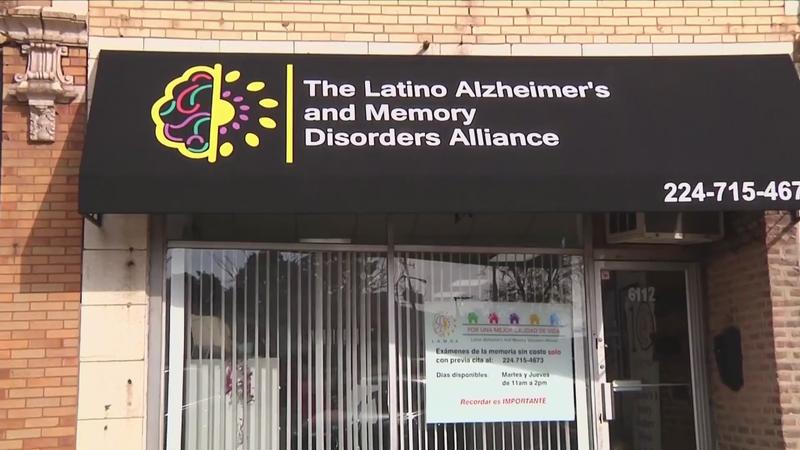Groundbreaking project finds solutions addressing the challenges of aging
[anvplayer video=”4989972″ station=”998131″]
ROCHESTER, N.Y. (WHEC) — If we’re fortunate, we will all grow old.
But a recent study suggests Rochester is aging much faster than other cities. In just the last decade, our population of seniors jumped 36%.
We have a greater percentage of folks 65 and older than any other city in New York State. And we are wholly unprepared to support our aging population. That’s why News10NBC has joined forces with nine other media organizations across all of Western New York to look for solutions. It’s aptly called Solutions Journalism. And one of my investigative partners, Natalia Rodriguez Medina of the Democrat and Chronicle examined a program in the Chicago area that serves its Latino population. This is a transcript of part of our conversation.
Deanna Dewberry: "I think a lot of people who will be watching this will be thinking, why do we need something for Latinos? Why is it necessary that we shape something for that demographic?”
Natalia Rodriguez Medina: "Nobody understands you better than you do yourself and that really applies to culture as well.”

[News10NBC]
Dewberry: "Let’s talk a little bit about where this is located it’s in the Chicago area, correct? And what does LAMDA stand for?
Rodriguez Medina: "It stands for Latino Alzheimer’s and Memory Disorder Alliance."
Dewberry: "LAMDA has community workers that actually go to the seniors where they are. What do they do?"
Rodriguez Medina: "So they do these memory exams. It has a lot to do with retention and make sure they’re understanding… They perform the memory exams and they lead them to the correct channels and services in Spanish so that these people can access them and not only learn about them but also how to care for the people who have dementia or Alzheimer’s or other memory disorders… And the best part of it all is the cultural competency. It’s very very important because these messages would not be getting out if Mexicans and people like LAMDA were not doing this in Chicago."
Dewberry: "So now they’re doing those programs virtually. I think that’s what I have video of. Was she teaching a Zumba class?"
Rodriguez Medina: "They don’t just cater to the patients who have memory disorders but to the caregivers. Also, they do music therapy. They do Zumba. They do dancing. They give recipes so they can eat better… It’s not just about reaching out and finding out if someone has a memory disorder, but it’s also making sure that they’re well taken care of."
Dewberry: "The big question is can this be implemented in Rochester."
Rodriguez Medina: "A lot of these services already exist in Rochester, but the problem is there’s a divide, and there aren’t a lot of people of color in positions for services like this.
Look for Natalia’s full story Monday in the print edition of the Democrat and Chronicle and online at democratandchronicle.com.